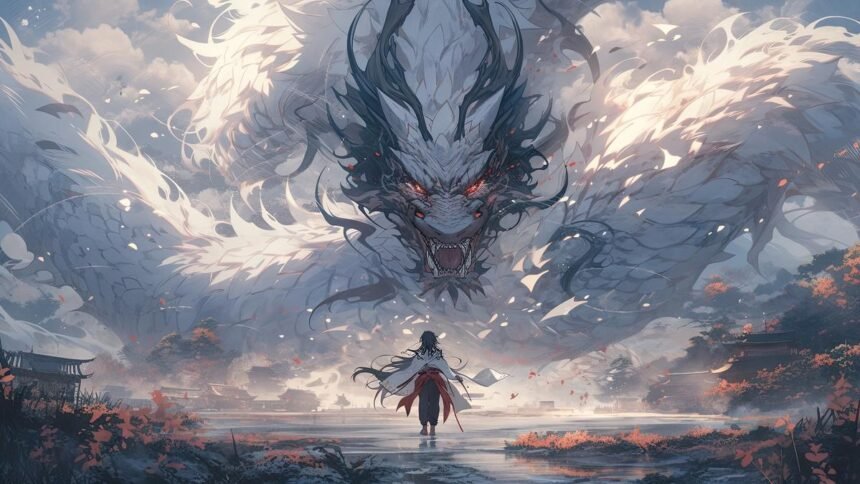“There are two sides to every coin.” This familiar saying reminds us that there are always multiple perspectives to consider and different ways to approach a situation. For every positive, there is a negative; for every hero, there is a villain; for every mountain, there is a valley. But can anyone truly be purely good or evil? The concept of anti-heroes challenges this notion, suggesting that the lines between heroism and villainy are often blurred. This raises the question, ‘Is it really that easy to take sides or align oneself with the hero’s ideology over the villain’s without knowing the latter’s side of the story?’ In fact, some villains have become so iconic that they have earned their own movies or TV series. Here’s a look at a few such villains who have captivated audiences to the point of becoming the stars of their own stories.
The Wicked Witch of the West�
Poster for “Wicked” the musical
The Wicked Witch of the West is one of the most iconic villains in literary history, first featured in L. Frank Baum’s classic novel The Wonderful Wizard of Oz. In the book, she is depicted as a powerful and menacing advisory to Dorothy, but her character is more fleshed out and complex in comparison to her portrayal in the 1939 film adaptation, where she is made to be more overtly evil and antagonist.
Her iconic look includes a long, black hat, a long, black dress, green skin, and a menacing cackle. This image has become synonymous with the character and has been ingrained in popular culture for generations.
Gregory Maguire’s 1995 novel Wicked: The Life and Times of the Wicked Witch of the West,treated readers to a reimagining of the character’s backstory, which includes her unlikely friendship with Glinda the Good Witch. This dynamic friendship, fraught with jealousy, rivalry, and misunderstandings, adds layers of complexity to both characters, humanising the Wicked Witch in ways we hadn’t seen before.
This reimagining of the Wicked Witch’s story was later brought to the stage in the Tony Award-winning musical “Wicked.” The musical delves even deeper into the complex relationship between the two witches, exploring themes of friendship, identity, and the nature of good and evil.
And now, fans of the Wicked Witch and her story have something new to look forward to as the first part of the big screen adaptation of “Wicked” is set to hit theatres in 2024.
Cruella de Vil�
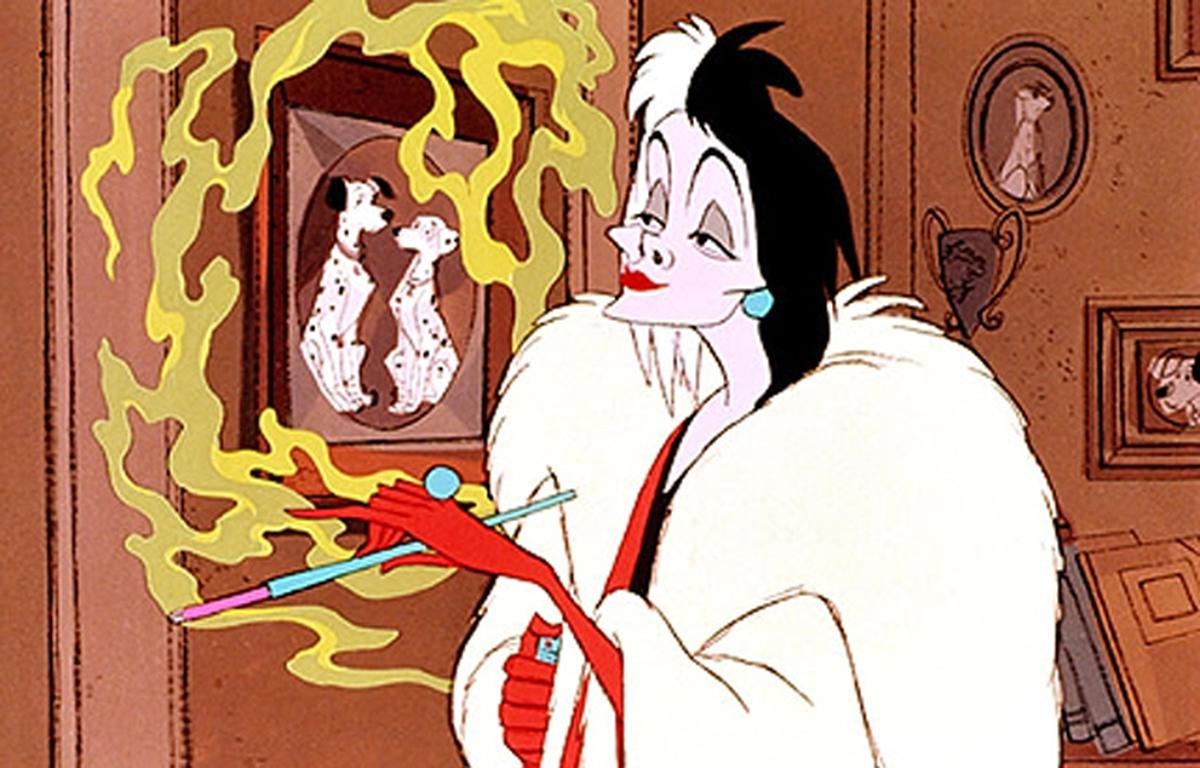
A still from the animated film “101 Dalmatians”
Cruella de Vil burst onto the scene as one of literature’s most infamous villains in Dodie Smith’s children’s novel The Hundred and One Dalmatians. Her wickedness was later immortalised in the classic animated film “101 Dalmatians,” where she’s depicted as a fashionable yet diabolical villain with her signature black and white hair and a coat made of Dalmatian fur.
Her name, a clever pun on the words “cruel” and “devil,” perfectly captures her malicious nature. Cruella’s villainous antics have earned her a spot on the American Film Institute’s list of the 100 Greatest Heroes and Villains.
In the 2021 live-action movie “Cruella,” viewers are treated to an origin story that delves into Cruella’s past and explores what made her the villain we love to hate. A fun fact: according to a 2002 Forbes article, Cruella is worth a staggering $875 million, cementing her status as one of the richest fictional female characters.
Maleficent
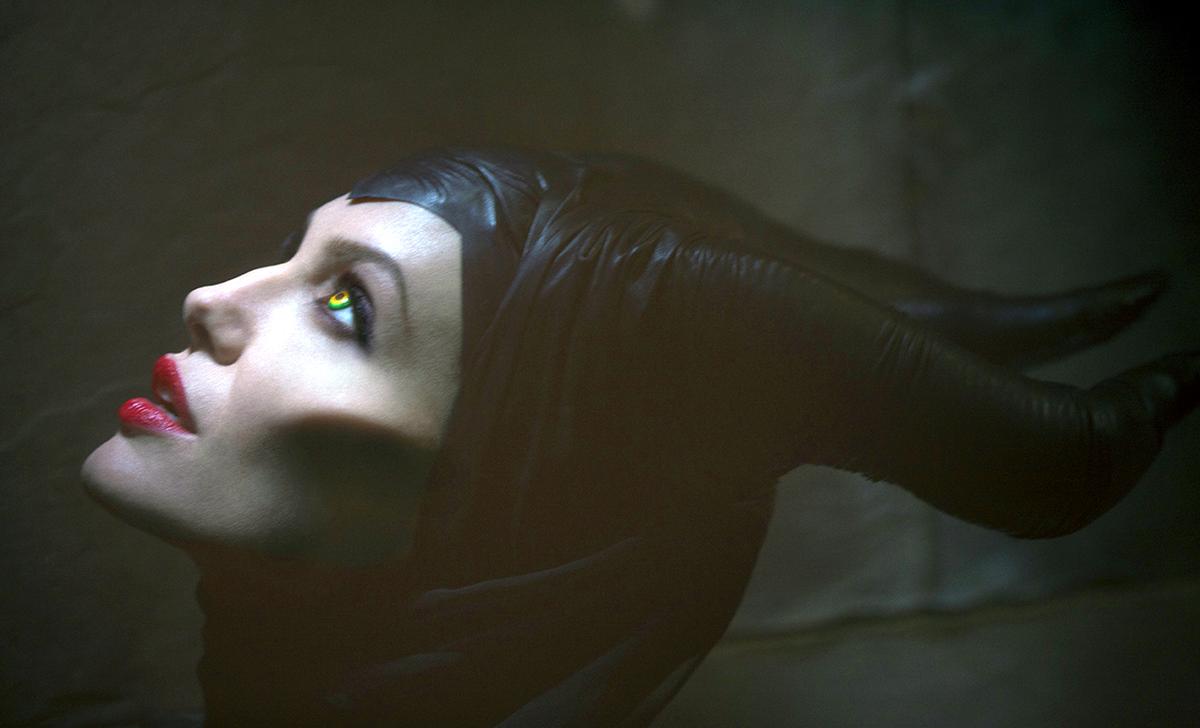
Angelina Jolie in the title role of “Maleficent,” the villain from the 1959 classic “Sleeping Beauty.”
| Photo Credit:
GREG WILLIAMS/AP
Maleficent, the dark enigmatic fairy first appeared in the 1959 Disney animated film “Sleeping Beauty.” However, her character has deeper roots in Charles Perrault’s fairy tale La Belle au bois dormant (The Beauty Sleeping in the Wood) and the Brothers Grimm’s Little Briar Rose.
Maleficent is known for her iconic look, which includes her horned headdress, dramatic black and purple attire, and a staff topped with a glowing green orb. Her character is portrayed as the epitome of evil, cursing Princess Aurora on her 16th birthday after being slighted by not being invited to the princess’s christening.
In the 2014 live-action film “Maleficent,” starring Angelina Jolie, the character is re-imagined in a more sympathetic light. The film explores Maleficent’s backstory, portraying her as a misunderstood and wounded character rather than simply evil. This re-imagining adds depth to Maleficent’s character, showing audiences that even villains have a story worth telling. Through the film’s narrative, Maleficent is transformed from a villain into a tragic anti-heroine, challenging our perceptions and inviting us to see her in a new light.
Venom
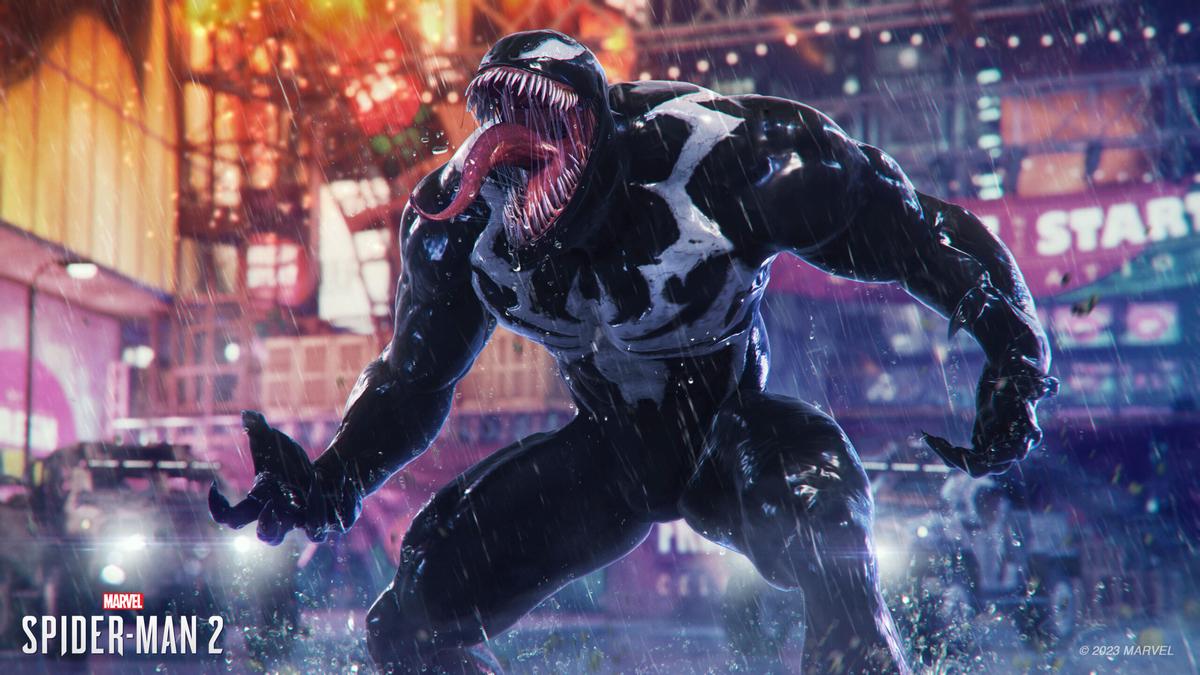
Venom in Spider Man 2
| Photo Credit:
special arrangement
Venom, the symbiotic alien entity, first appeared in the pages of Marvel Comics in 1988, debuting in The Amazing Spider-Manissue #300. Since then, Venom has become one of Spider-Man’s most formidable adversaries known for his iconic black suit and monstrous fanged grin.
In the 2018 movie “Venom,” starring Tom Hardy, the character received a thrilling re-imagining. The film explores the origin story of Eddie Brock, a journalist who becomes bonded with the symbiote, resulting in the creation of Venom. Unlike previous iterations, where Venom was portrayed as a purely villainous character, the movie delves into the complex relationship between Eddie and the symbiote, presenting Venom as an anti-hero with his own sense of morality.
With Tom Hardy’s dynamic performance and cutting-edge CGI effects, “Venom” brought the iconic character to life in a whole new way, thrilling audiences with its action-packed sequences and dark humour.
Loki
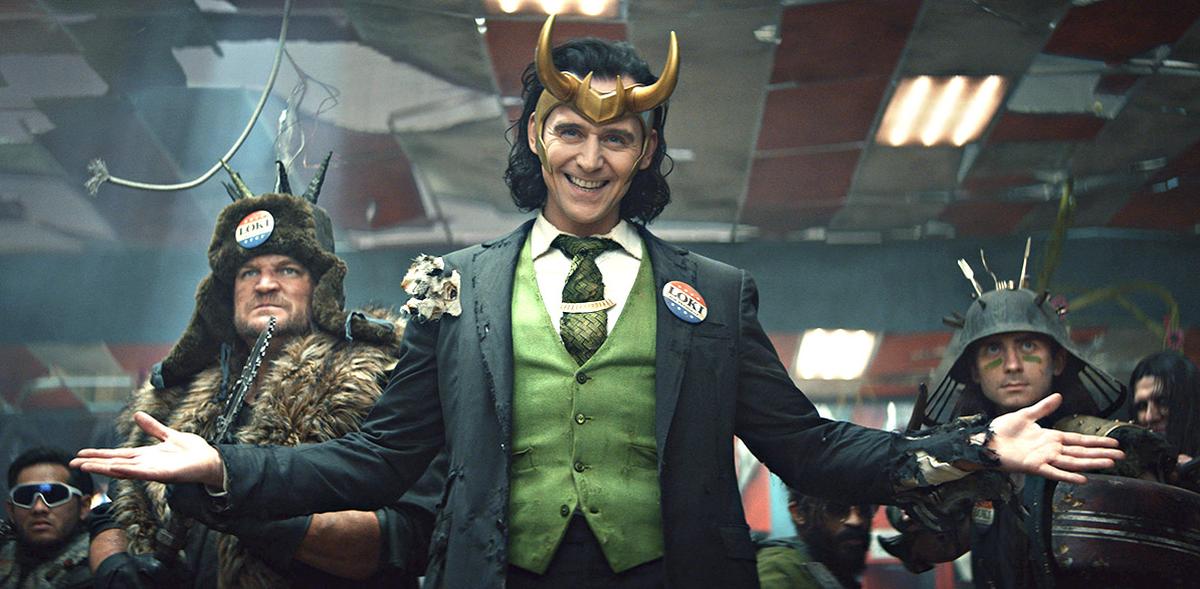
Loki (Tom Hiddleston) in Marvel Studios’ LOKI
| Photo Credit:
Courtesy of Marvel Studios
Loki, the Norse god of mischief, has long captivated audiences with his complex character and cunning schemes. He made his debut in Marvel comics in Journey into Mystery(1962). Since his debut, Loki has been portrayed as a multifaceted figure, often overshadowed by his virtuous brother, Thor.
With his iconic emerald green attire and golden horned helmet, Loki stands out as a distinct and memorable character in the Marvel universe. However, it’s his tumultuous relationship with his brother Thor that truly defines him. Often seen as the black sheep of the family, Loki struggles to match up to his brother’s heroic deeds and noble reputation.
In the Marvel Cinematic Universe, brilliantly portrayed by Tom Hiddleston, Loki’s dynamic interactions with Thor and his complex relationships with the Avengers showcase his inner turmoil and desire for acceptance. The 2021 TV series “LOKI” further highlights his journey from antagonist to anti-hero and resonates with audiences, who empathise with his struggles to carve out his own identity and find a sense of belonging.
Let’s face it, when you have a sibling who can do no wrong, it’s tough to measure up. Loki’s constant quest for validation and recognition adds depth to his character, making him one of the most compelling and relatable figures in the Marvel pantheon.


